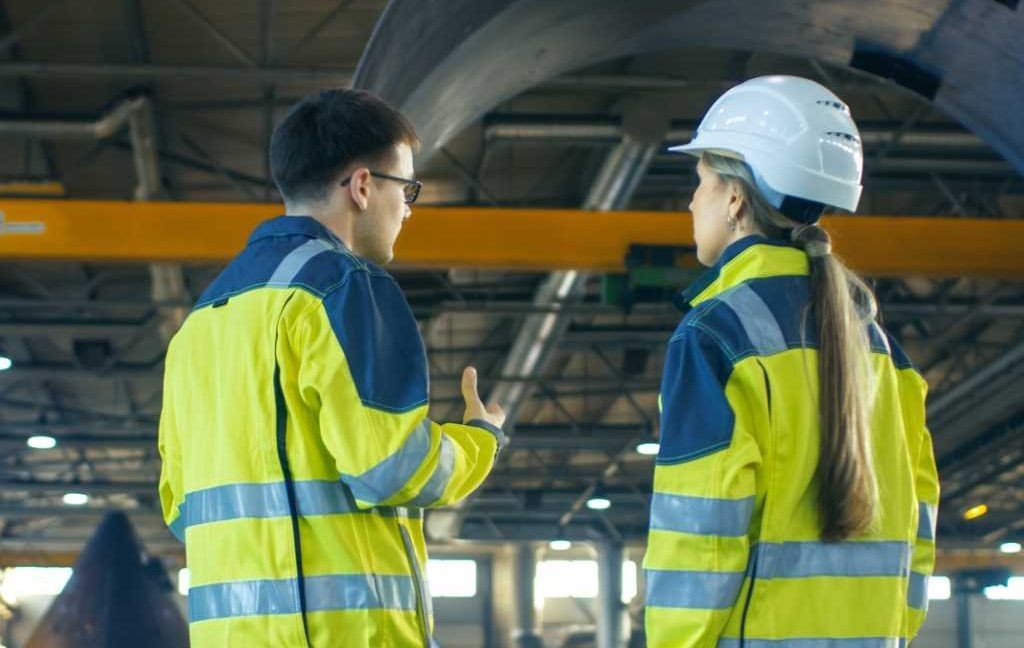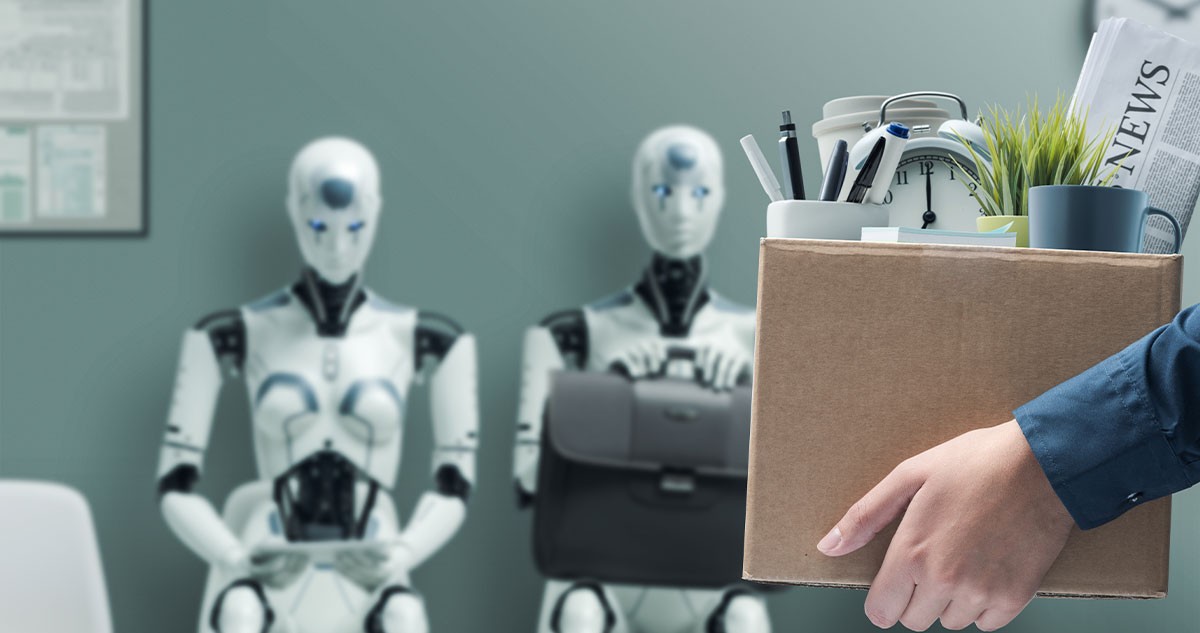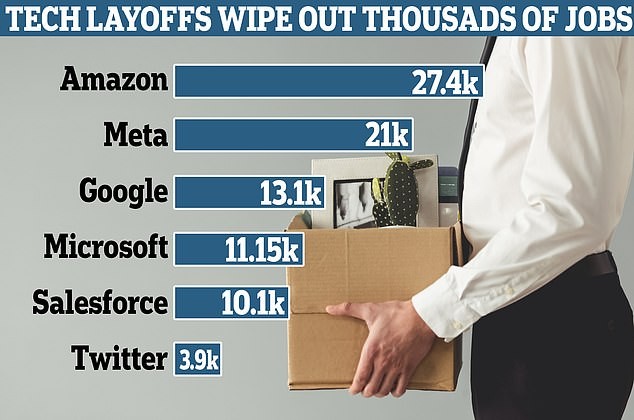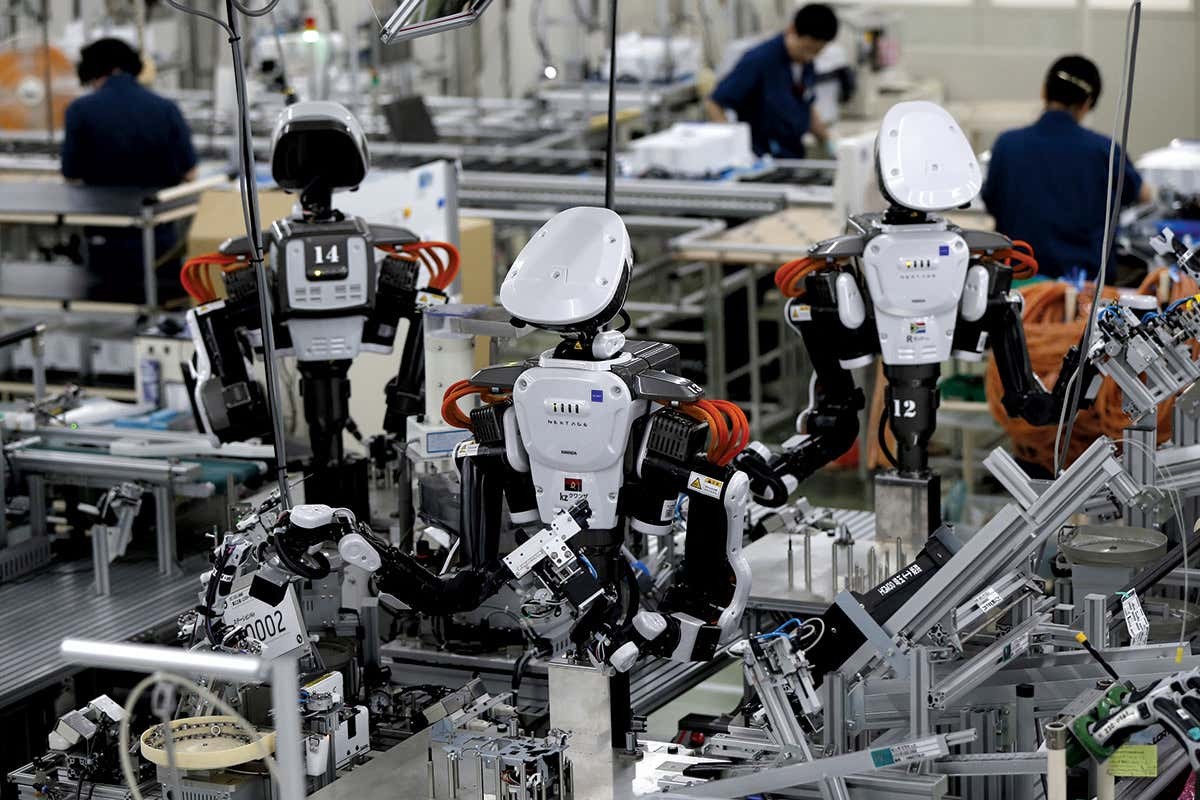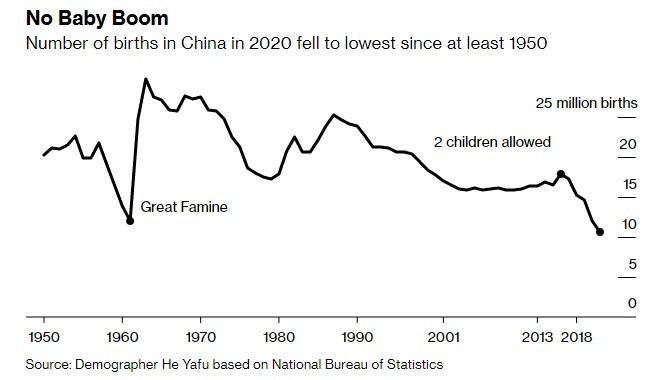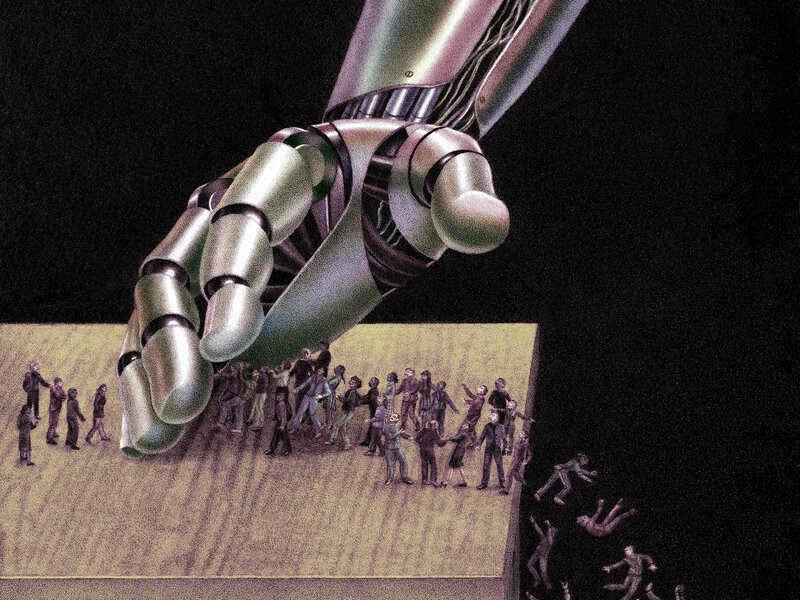Manufacturing's Reality Check: Why America's Factory Job Dreams Need a Reset
Politicians promise to restore manufacturing jobs to historic levels, but adding 20 million factory workers may not align with modern economic realities. The vision of revitalizing U.S. manufacturing through trade barriers overlooks how automation, global supply chains, and workforce preferences have fundamentally transformed industrial employment.
America's Trucking Crisis: A Looming Threat to Supply Chain Stability
Despite growing demand for drivers, the U.S. trucking industry faces a critical retention crisis fueled by deteriorating wages and working conditions. With experienced drivers leaving in droves and companies reluctant to implement reforms, this mounting crisis threatens America's entire supply chain infrastructure.
AI Revolution Set to Eliminate 41% of Jobs by 2030, Reshaping Global Workforce
A landmark report reveals that 41% of companies worldwide plan to reduce their workforce through AI and automation by 2030, threatening jobs across industries. While positions in data entry, customer service and manufacturing face highest risk, new opportunities emerge in AI development, data science and cybersecurity.
AI Revolution Sparks Global Job Crisis: Automation Wave Threatens Workforce Stability
The widespread adoption of artificial intelligence is causing unprecedented job losses across industries, from entry-level to professional roles. Companies cite efficiency and cost reduction as key drivers while workers face displacement, highlighting the urgent need to balance automation with employment stability.
Bill Gates Proposes Robot Tax to Address Automation's Impact on Jobs
Microsoft co-founder Bill Gates advocates for taxing robots and automated systems that replace human workers, suggesting companies should pay levies similar to human wage taxes. The proposal aims to fund social programs and worker retraining while managing automation's societal impact.
AI Drive-Thru Revolution: Fast Food Giants Bet on Voice-Enabled Ordering
Major restaurant chains including Taco Bell, Pizza Hut and KFC are rolling out AI-powered drive-thru systems in partnership with Nvidia. The technology promises improved efficiency and personalized service, though customer reactions remain mixed as the industry navigates this technological transformation.
The AI Paradox: How Automation is Actually Increasing Work Hours
The promise of AI freeing up time for workers has turned into a paradox, with companies using automation to justify extreme productivity demands. As organizations chase machine-like efficiency, employees face mounting pressure and burnout while struggling to maintain work-life boundaries.
U.S. Programming Jobs Plummet to 1980 Levels as Industry Faces Historic Transformation
The U.S. computer programming job market has contracted to levels not seen since 1980, marking a return to pre-internet era employment figures. This dramatic decline stems from automation, AI adoption, and the rise of global remote work, raising critical questions about the future of domestic tech employment.
China's Automation Boom Linked to Plummeting Birth Rates
A groundbreaking study reveals that increased industrial robot adoption in China is leading to significantly lower birth rates, especially among manufacturing workers and young adults. The research shows automation affects fertility through reduced wages, longer work hours, delayed marriages, and changing family planning goals.
AI Could Replace CEOs: Experts Say Executive Roles Are Ripe for Automation
Research suggests that up to 80% of CEO responsibilities could be handled by artificial intelligence, with many executives already using AI tools for decision-making. As companies experiment with AI leadership, experts debate the implications for corporate culture and human elements in management.
